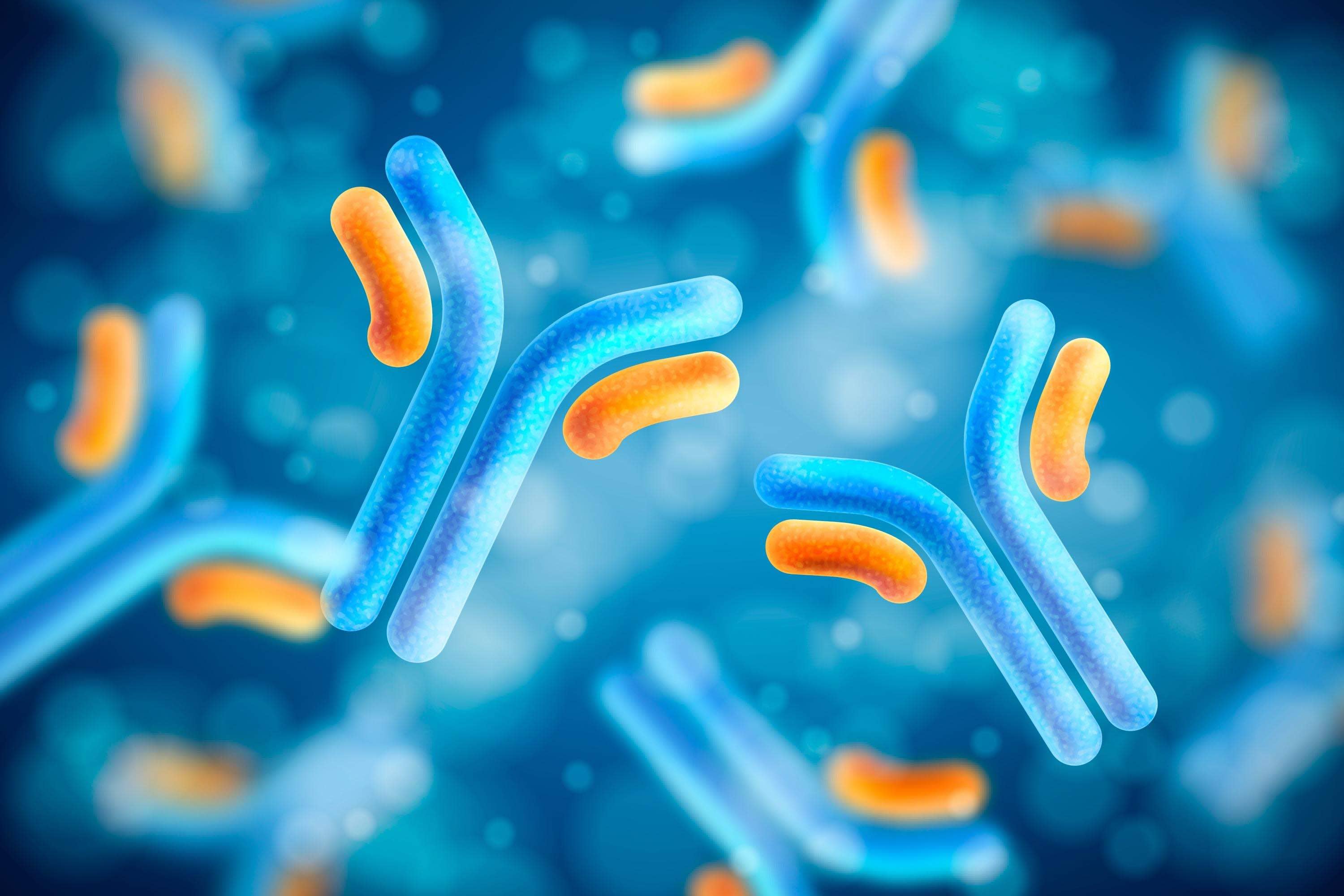
Did you know ?

Through the "Recombinant Antibody Challenge", PETA Science Consortium International e.V., the Physicians Committee for Responsible Medicine and the Alternative Research and Development Foundation fund the purchase of recombinant antibodies for research. Do not hesitate to inquire about this program.
Antibody synthesis without animals
Technological advances have made it possible to replace animal-derived antibodies with recombinant antibodies for over 20 years. The use of these antibodies produced entirely in vitro would significantly reduce the number of animals used in laboratories, while facilitating research work. However, this technology is still struggling to gain acceptance in research laboratories.
Animal-derived antibodies: when variability impairs reproductibility and robustness
Antibodies used in research - including for in vitro experiments - are still mainly produced by the process of immunization of animals of different species, which leads to the estimated sacrifice of 1 million animals per year in the European Union. This production method generates polyclonal antibodies with a great variability of specificity and sensitivity because each "batch" is unique. The antibodies produced are unreliable, with 50% of antibodies marketed failing to recognize their target or being non-specific (Baker, 2015; Bradbury et al., 2015). This directly affects the quality of research with a major difficulty in generating robust and reproducible results. It also has a consequential impact for laboratories in terms of time, budget, and resources, but also for public health.
Opting for synthetic antibodies: a responsible and ethical research choice at your fingertips
Recombinant antibodies, which are monoclonal, are the answer to this need for stability and absolute quality control: the ease with which antibodies can be generated or reproduced synthetically (all that is required is a DNA sequence), their plasticity (number of chains, "species" of the constant and variable chains, etc.), and above all their perfect reproducibility (unchanging sequence and systematic sequencing) make them a tool of choice that is perfectly suited to the rigor required by scientific experiments. Beyond research applications, recombinant antibodies are successfully used for diagnostic and therapeutic purposes. The role of Ipilimumab - a recombinant antibody - in the treatment of metastatic melanoma, for example, was awarded the Nobel Prize in Medicine in 2018, opening up entirely new prospects for immunotherapy in the treatment of a variety of pathologies.
Making recombinant antibodies available to the scientific community
In 2014, Pierre Cosson and his team launched a university platform in Geneva to offer access to recombinant antibody technology to research laboratories worldwide. This platform has discovered and produced hundreds of new recombinant monoclonal antibodies by "phage display", exhaustively referenced the antibodies discovered to date, and created a scientific journal on recombinant antibody research, production and implementation : "Antibody Reports". This database is now associated with an in vitro production center that distributes all these antibodies internationally : ABCD Antibodies.
-
Learn more about Pierre Cosson
After graduating from the École Normale Supérieure, Pierre Cosson completed his doctoral thesis at the Marseille-Luminy Immunology Center (France), followed by a postdoc at the NIH (USA). He is now a professor and head of laboratory at the Faculty of Medicine of the University of Geneva. Pierre Cosson founded the "ABCD Antibodies" platform, as well as the scientific journal "Antibody reports". He also chaired the Scientific Council of the Swiss 3R Center (3RCC) from 2019 to 2021.
A transition supported by the European Union
Within the European Union, in accordance with the Directive 2010/63/EU, member states should no longer authorize the development and production of antibodies by immunization of animals in the absence of a solid and legitimate scientific justification. Today, the existence, availability and robustness of synthetic antibodies really undermine the various arguments in favour of animal antibodies. Hence, the EURL ECVAM recommands since 2020 to abandon the use of animals for the development and production of antibodies for research, diagnostic, regulatory and therapeutic applications, in favor of alternative in vitro production methods. A recommendation has also been published in 2022 in France by the CNREEA (National ethics committee for animal experimentation).
Opting for recombinant antibodies when possible means choosing an innovative, reliable and robust method, while reducing the use of animals in research.
Other suppliers of recombinant antibodies :
Abcalis
Abcam
Absolute Antibody
Bio-Rad
